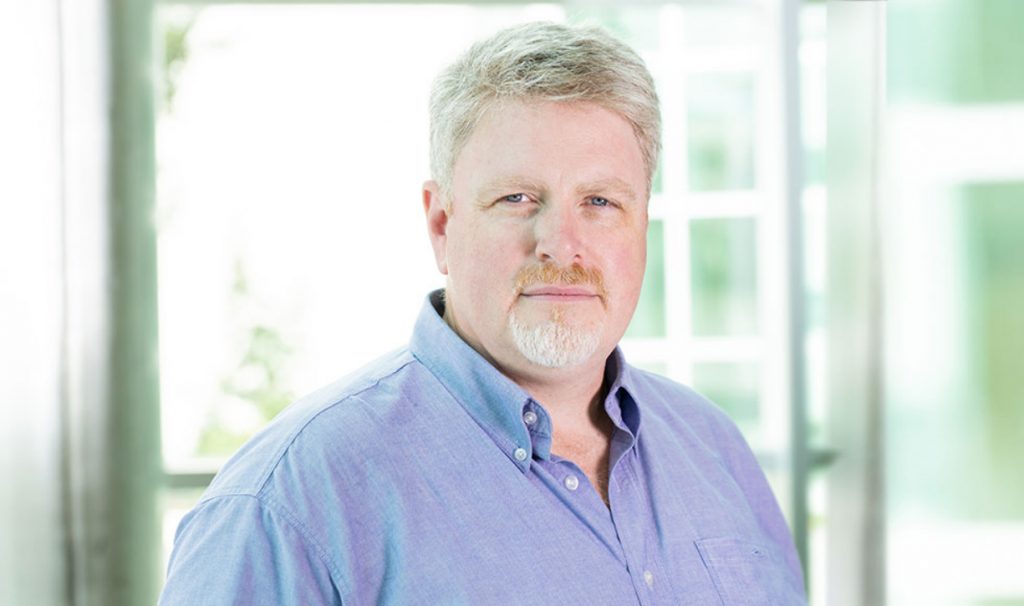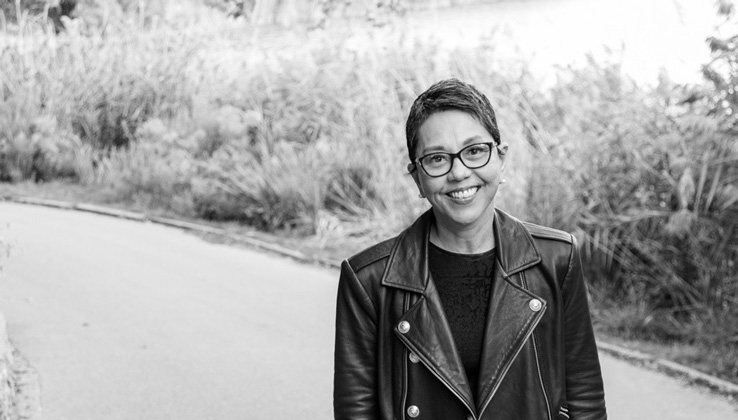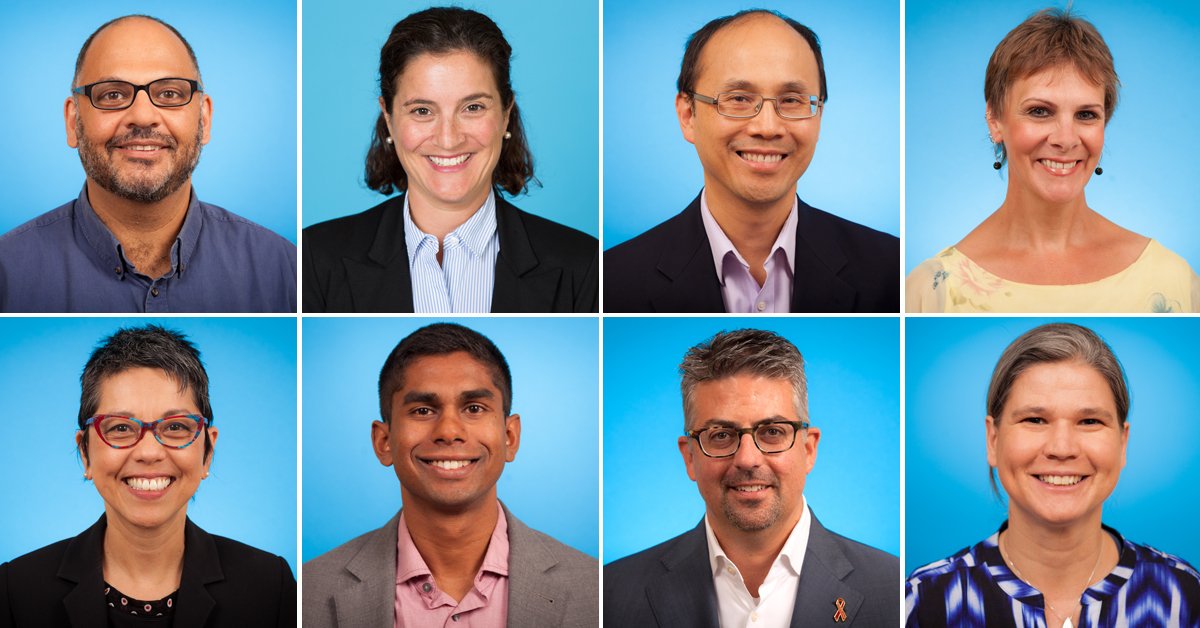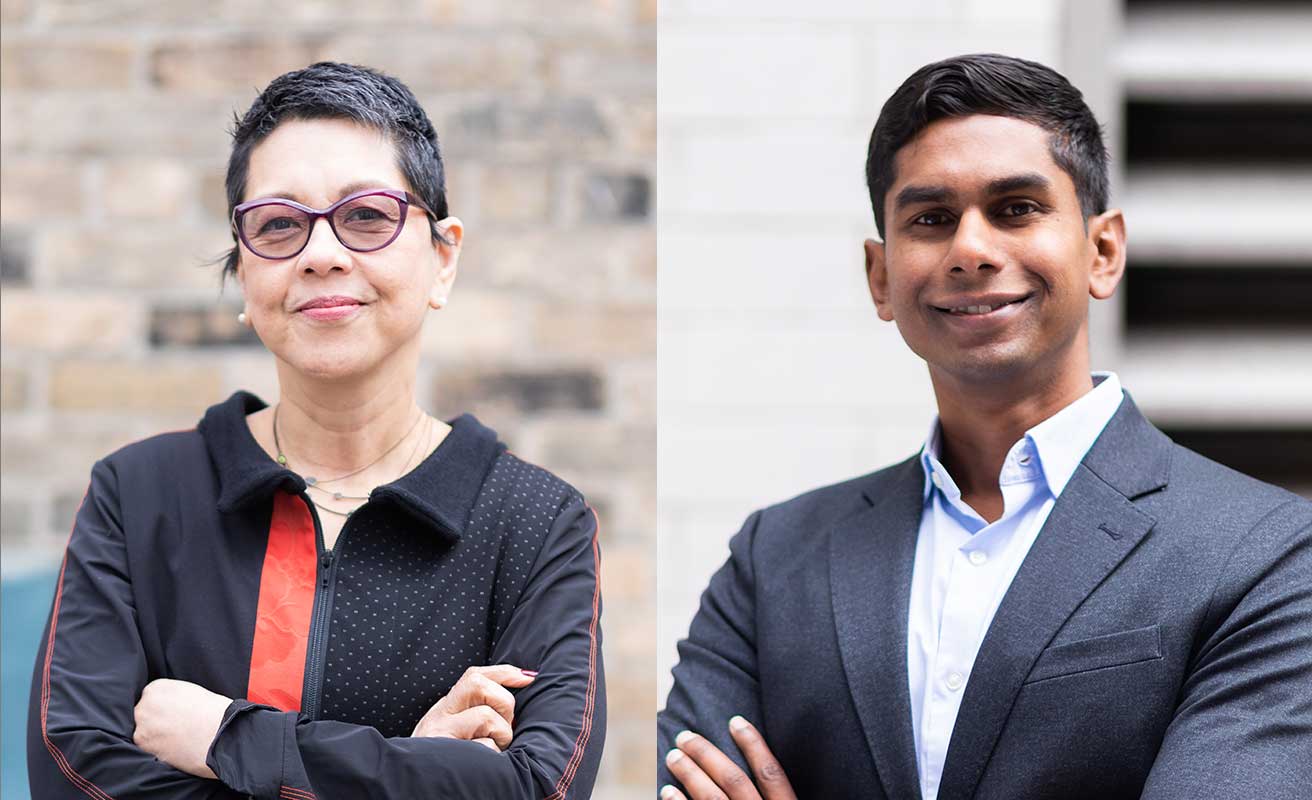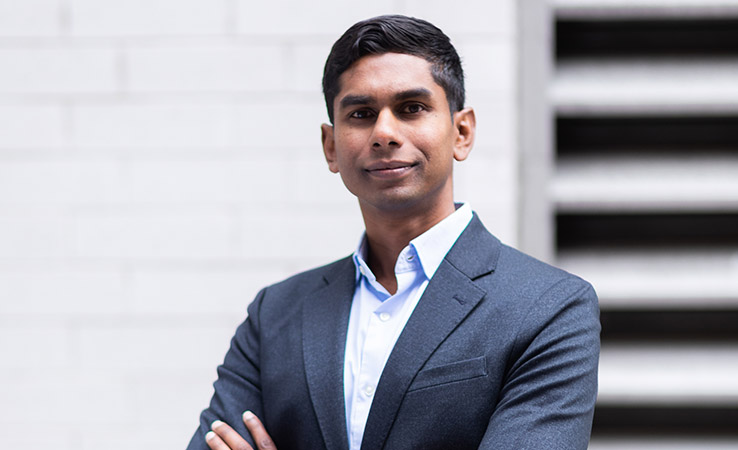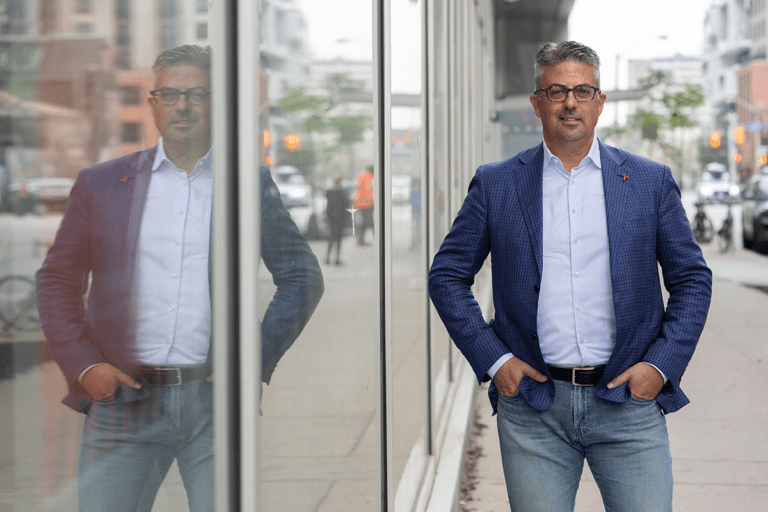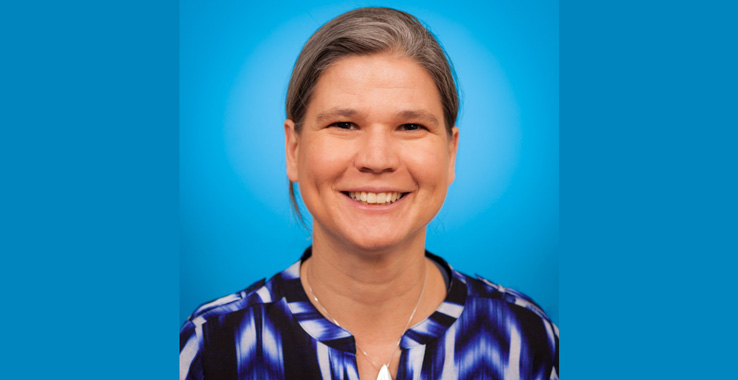People who are living with HIV in Ontario have access to good health care and medications, yet they are still dying younger and at substantially higher rates than the rest of the population, according to a new study published today.
The findings suggest that the overall well-being of these people is being negatively impacted by the social determinants of health–non-medical or non-genetic factors such as income, job status, education, housing and incarceration, according to the study in the journal AIDS and Behaviour.
Led by Dr. Sean Rourke, a neuropsychologist at St. Michael’s Hospital and scientist at its Centre for Urban Health Solutions, researchers followed 602 people with HIV recruited from community-based agencies for five years. People with HIV conducted peer-to-peer interviews with other HIV-positive people and then verified who was still alive at one, three and five years, using information, if necessary, obtained from relatives, partners, friends, obituaries and local AIDS memorial lists.
Of the 454 people whose mortality the researchers were able to confirm at the end of the study, 53 had died, which is the equivalent of 22.3 deaths per 100,000 people, substantially higher than the rate in the general population of 6.7 per 100,000 people. Seventy-three per cent of those who died were under 50.
People outside of Toronto died at even higher rates, especially in northern Ontario. (59 per cent outside the Greater Toronto area vs. 42 per cent inside the GTA.)
The study was dedicated to six peer-to-peer researchers…

